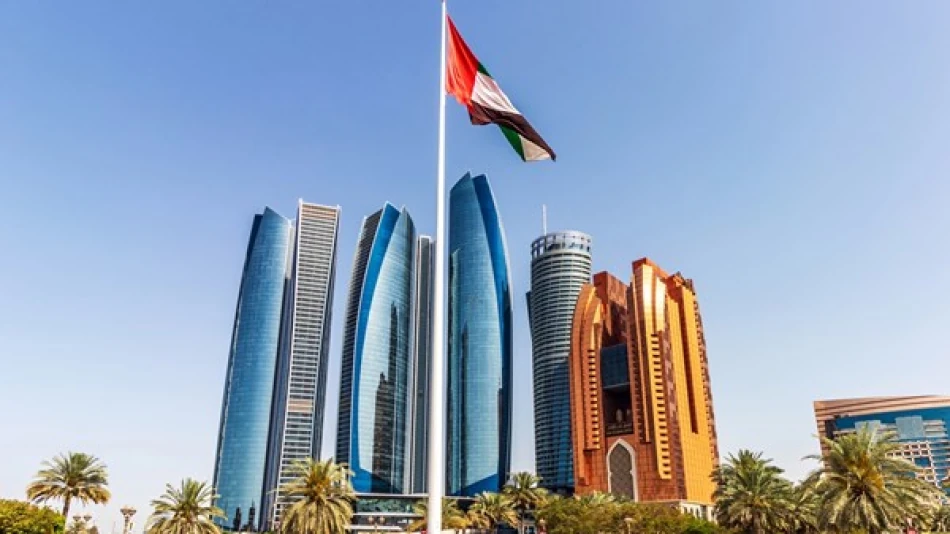
World Bank Upgrades UAE's Economic Growth Forecast to Robust 4.8%
The World Bank has raised its growth forecast for the UAE economy to 4.8% in 2025, marking the country as the fastest-growing economy among Gulf Cooperation Council nations. This represents a 0.2 percentage point increase from April estimates and 0.9 points higher than October 2024 projections, driven primarily by strong expansion in the non-oil economy.
The bank's latest Middle East and North Africa report paints an optimistic picture for the UAE's medium-term economic outlook. Financial services, construction, transport, and real estate sectors are contributing significantly to this growth momentum.
But the good news doesn't stop there. The World Bank expects the UAE's economic activity to keep accelerating through 2027, with growth reaching 5% in 2026 and 5.1% in 2027. These figures are substantially higher than previous estimates - the 2026 projection is up 0.9 percentage points from April forecasts.
The economic indicators show broad-based strength across multiple metrics. GDP per capita is expected to rise 2.4% this year and 3.2% next year. Inflation remains well-controlled at projected rates of 2.1% in 2025 and 2.0% in 2026. The current account balance is forecast to reach 7.1% of GDP this year, climbing to 7.7% next year.
The UAE's fiscal position looks equally robust. The country is expected to maintain budget surpluses of 4.4% of GDP in 2025 and 4.9% in 2026, reflecting strong government finances that provide room for continued investment in economic diversification.
For investors and businesses, these numbers signal a mature economy that's successfully reducing its dependence on oil revenues. The UAE's focus on becoming a regional hub for finance, logistics, and technology appears to be paying off, creating multiple growth engines that can sustain expansion even when oil markets face volatility.
Across the broader Gulf region, the World Bank raised growth estimates for GCC countries to 3.5% this year. The UAE leads this pack, followed by Bahrain at 3.5% and Kuwait at 2.3%. The regional improvement comes as Gulf states benefit from gradual and voluntary reductions in oil production cuts, combined with non-oil sector growth.
The contrast with oil-importing countries in the region is stark. While these nations are expected to see economic improvement driven by increased spending, private investment, and recovery in agriculture and tourism, oil-exporting developing countries face significant slowdowns due to conflicts and declining oil production.
This economic momentum places the UAE in a strong position to capture more economic value from global trade flows and investment patterns. The country's strategy of economic diversification, combined with business-friendly policies, continues to attract international companies looking for stable growth markets in an uncertain global environment.
Most Viewed News

 Layla Al Mansoori
Layla Al Mansoori






